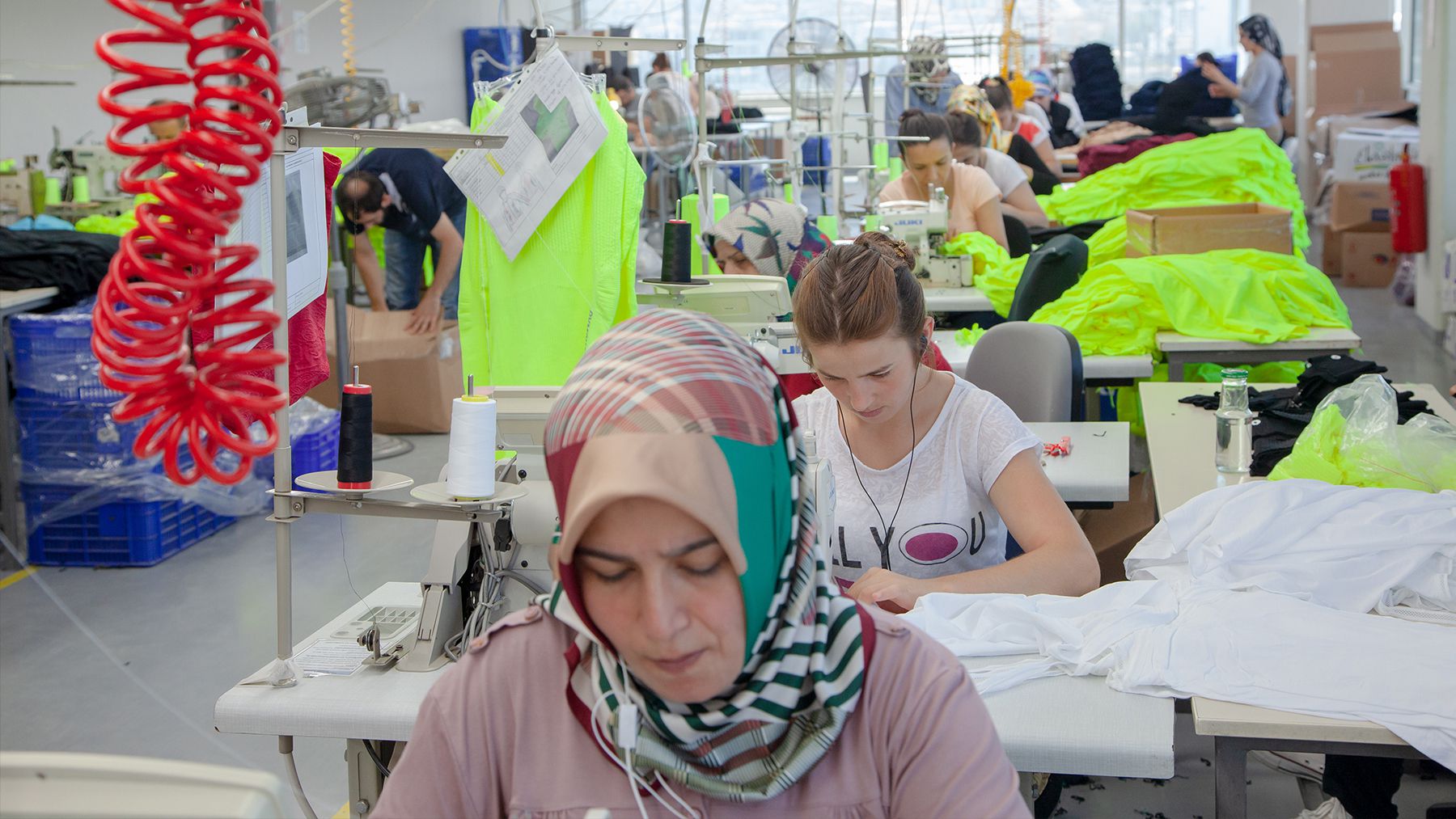
The European Parliament on Thursday approved a groundbreaking draft law that would make it mandatory for large companies to check whether their suppliers are using child labour or damaging the environment.
A last-minute attempt to reject or significantly water down a cross-party deal largely foundered.
Parliament voted 366 in favour, with 225 against, though an attempt to strengthen the obligation of company boards and directors to ensure compliance with the new law failed.
The Corporate Sustainability Due Diligence Directive (CSDDD), part of a welter of EU “green deal” plans now facing opposition from centre-right parties, would also require big companies to publish plans on how they will transition to a net-zero economy by cutting carbon emissions.
“With this vote EU policy makers are recognising that current voluntary codes of conduct are not producing the seismic shift we need to ensure sustainable corporate business practices,” said Richard Gardiner, head of EU policy at World Benchmarking Alliance.
Large companies from across the world that sell products in the EU would have to comply with CSDDD checks on suppliers, take mitigating action when abuses are uncovered or face sanctions.
Thursday’s vote means negotiations with EU states, who have joint say on a final deal, will start later this month.
The negotiations are likely to focus on disagreements over the scope of the new rules and how early they will come into force.
Parliament wants to include financial services, while EU states want to give member states a choice on whether to apply the law in the financial sector or not.
Justice for Everybody’s Business, a coalition of civil society and labour union organisations, said it was a “historic day” in the fight against corporate abuses.
“For too long, big business has taken advantage of hidden global value chains to operate with impunity,” it said.
By Huw Jones; Editor: Sriraj Kalluvila
Learn more:
Fashion’s Human Rights Record Is Worse Than Ever
A new report exposing abuse of garment workers at factories linked to major brands in Myanmar points to ways mounting political and economic instability are worsening human rights risks in fashion’s supply chain.


